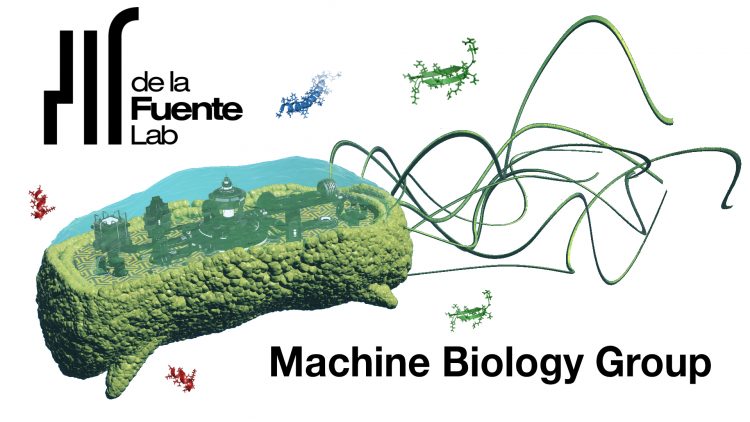In a groundbreaking study, scientists have used AI to predict the existence of nearly 1 million new antibiotics. This is a major breakthrough in the fight against antibiotic resistance, which is a growing problem that threatens global health.
Bacteria are becoming increasingly resistant to antibiotics, making them less effective. This is a serious problem, as it can lead to more difficult-to-treat infections and even death. That part is well-known.
But according to a new study reported by The Guardian, things are about to change soon.
The new study, which was published in the journal Nature, used AI to analyze a massive dataset of microbial data. This data included information about the genes of bacteria, as well as their interactions with other organisms. The AI was able to identify patterns in the data that allowed it to predict the existence of new antibiotics.
The researchers were able to identify nearly 1 million potential antibiotic molecules. Further testing showed that 79% of these molecules could kill bacteria. This is a significant advance in the fight against antibiotic resistance.
The researchers believe that this new approach could help to develop new antibiotics more quickly and efficiently. This is essential in the fight against antibiotic resistance, as it is becoming increasingly difficult to develop new antibiotics.
This research is a major breakthrough in the fight against antibiotic resistance. It has the potential to save millions of lives.
The researchers used a machine learning algorithm called deep learning to analyze the data. The algorithm was able to identify patterns in the data that were not visible to humans. The researchers believe that this new approach could be used to develop new antibiotics for a wide range of bacterial infections.

